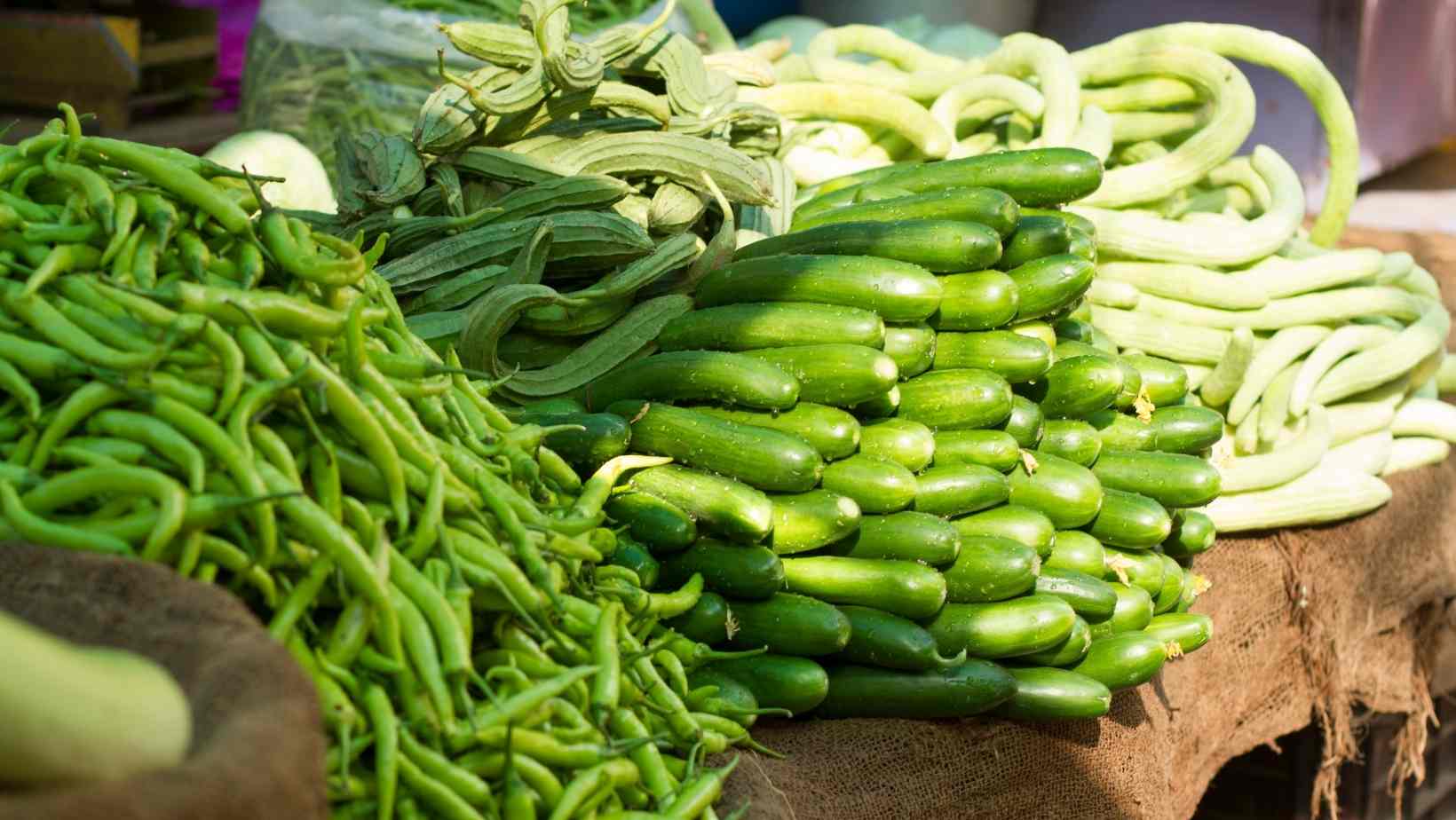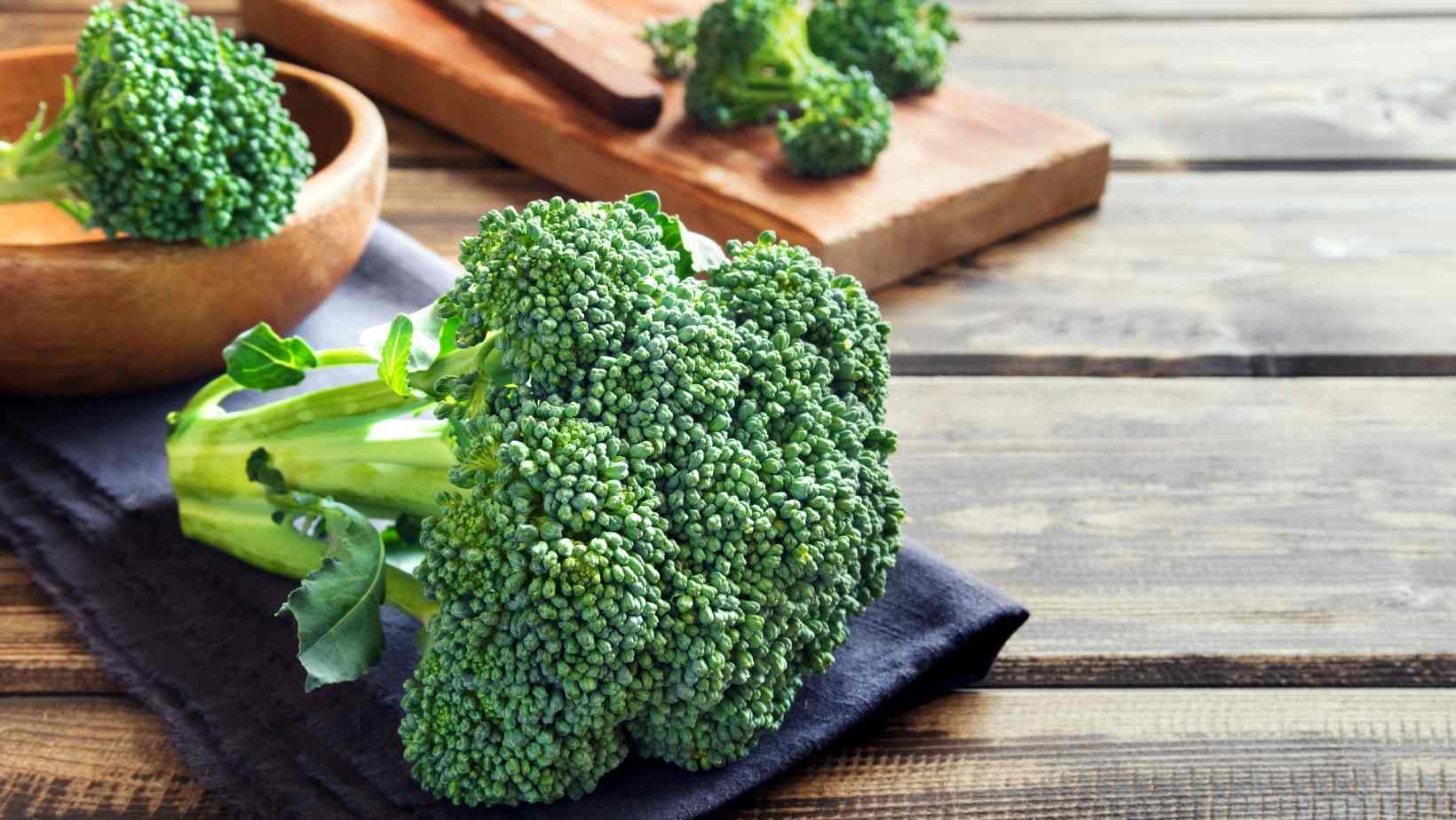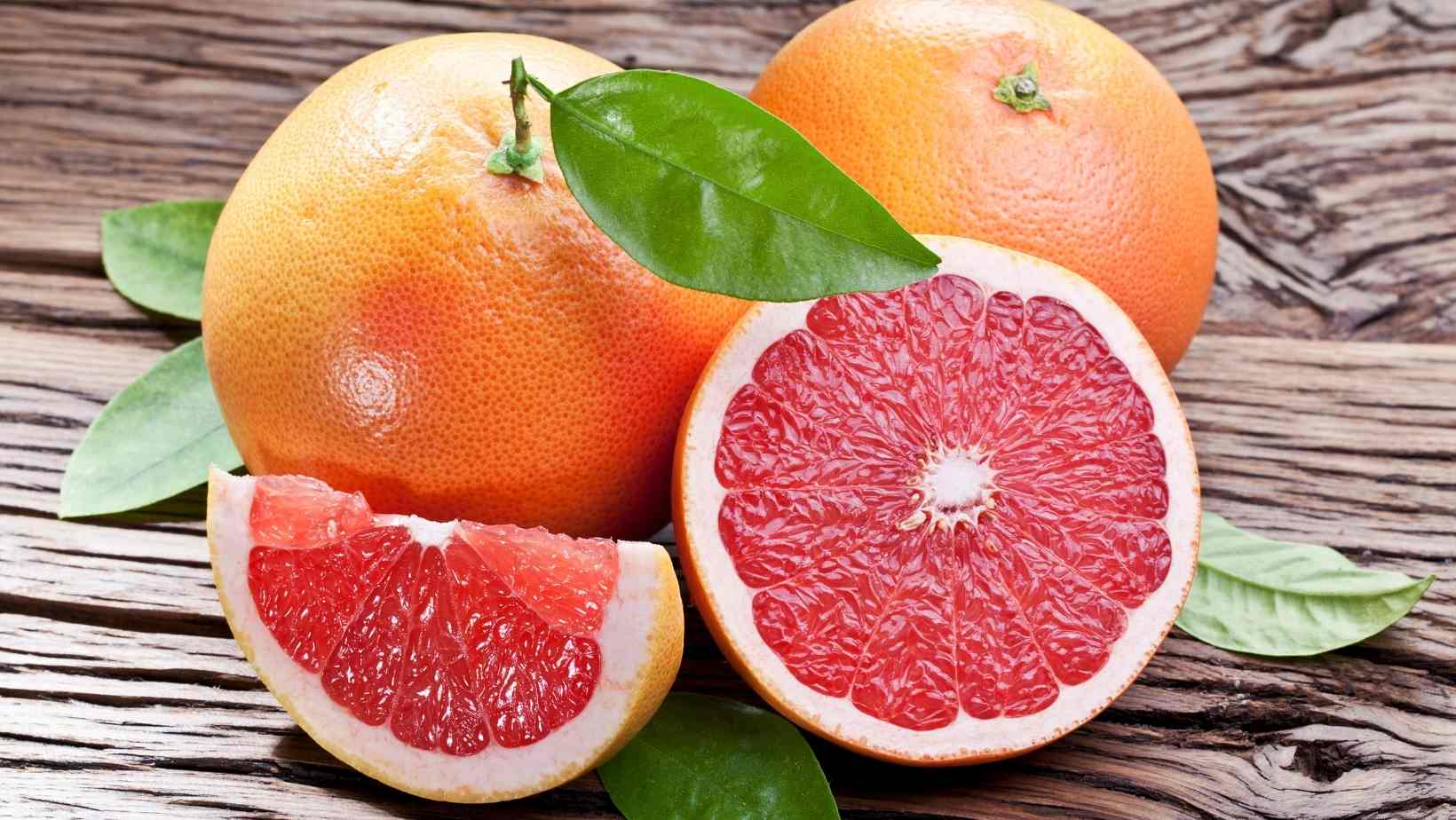Diabetes has risen to the status of a serious public health problem that is threatening to reach pandemic proportions all over the world.
According to the World Health Organization, around 422 million people worldwide have diabetes, and diabetes is directly responsible for 1.6 million fatalities every year.
But what's even more alarming is the alarming pace at which people are becoming prone to diabetes as a result of their poor food and lifestyle choices.
According to recent research, more than 100 million persons in the United States are currently living with diabetes or prediabetes.
In the absence of continued, meticulous control, diabetes increases the risk of serious health problems, including early mortality and eyesight loss, high blood pressure and heart disease, stroke and kidney failure, as well as amputation of the foot.

Despite the fact that there is no definitive treatment for diabetes, certain simple lifestyle adjustments might help prevent the formation of the illness in an individual and the pandemic as a whole.
Here is a list of the top sugar-free fruits and vegetables that will help you maintain a healthy sugar consumption without sacrificing nutrients or flavor.
Fruits and vegetables that are naturally sugar-free
1) Lettuce
It's a great sugar-free veggie that also happens to have a variety of health advantages. It is high in folate, manganese, iron, and vitamins B, A, C, D, E, and K. It is also a good source of potassium. Lettuce is a versatile component that can be used in almost every green salad recipe. Because it includes a significant level of fiber, it has the potential to improve intestinal health.
Lettuce has 0.8 grams of sugar per 100 grams of vegetable.
2) Asparagus
Because of its many health advantages, asparagus is used to treat a wide range of disorders. It may be used as a diuretic as well as a metabolism booster, among other things.
Besides being high in vitamin K and folate, asparagus is also high in antioxidants and nutrients such as vitamin C, beta-carotene, vitamin E, as well as minerals such as zinc, manganese, and selenium, among other things.
Furthermore, it includes the amino acid asparagine, which has been shown to improve the health of the brain.
In terms of calories and fat, asparagus is incredibly low in calories and has almost no fat.
Asparagus has 1.9 grams of sugar per 100 grams of vegetable.
3) Broccoli
When it comes to low-sugar veggies, broccoli is one of the greatest options, and it is especially diabetic-friendly. It is high in fiber and protein, as well as iron, potassium, calcium, selenium, and magnesium, as well as vitamins A, C, E, K, and B. It is also high in iron, potassium, calcium, selenium, and magnesium.

In addition, broccoli is highly beneficial in the treatment of breast and uterine cancers due to the presence of characteristics that deplete cancer-causing estrogens.
Broccoli has 1.7 grams of sugar per 100 grams of weight.
4) Brussels
Brussel sprouts are one of the healthiest foods to consume if you are following a low-sugar, low-fat diet. Brussel sprouts are highly high in antioxidants, fiber, folate, manganese, and vitamins K, C, and A. They are also a good source of vitamin K.
They include the antioxidant alpha-lipoic acid (ALA), which has been shown to reduce glucose levels, improve insulin sensitivity, and help people with diabetes manage their condition.
Brussel sprouts have 2.2 grams of sugar per gram of their weight.
5) Grapefruit
Grapefruit is high in nutrients, antioxidants, and fiber, making it a fantastic addition to your diet as a healthy food source. It is one of the fruits with the fewest calories. Grapefruits help people lose weight and lower their chance of developing heart disease.

Due to the fact that grapefruit has a low Glycemic Index (GI) and contains naringin, it is considered to be "strongly related with a decreased risk of type 2 diabetes."
Furthermore, grapefruit has the greatest water content of any fruit on the planet. Because it contains 92 percent water, it is beneficial to one's general health.
Grapefruit has 7 grams of sugar per 100 grams of fruit.
6) Watermelon
Because it has a very low glycemic index (GI), watermelon is one of the healthiest fruits for people with diabetes. It is low in calories and high in nutrients like Vitamin A, L-Citfibrene, fiber, and lycopene. It is also low in calories and high in fiber.
Because of its high water level and fiber content, watermelon may help to maintain excellent digestive health while also keeping you hydrated.
Watermelon has 6 grams of sugar per 100 grams of fruit.




